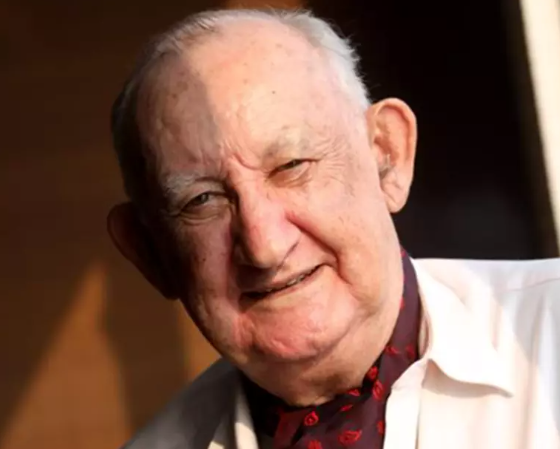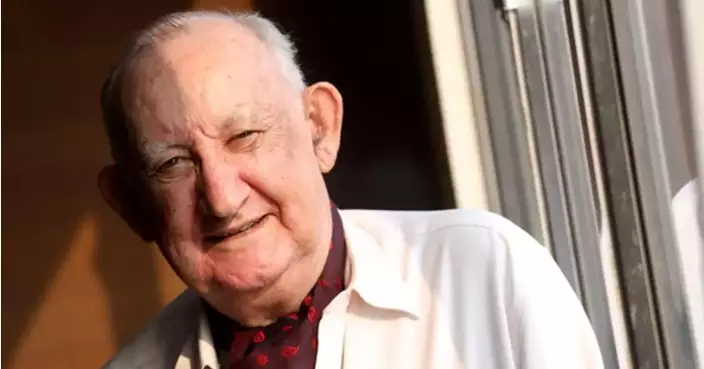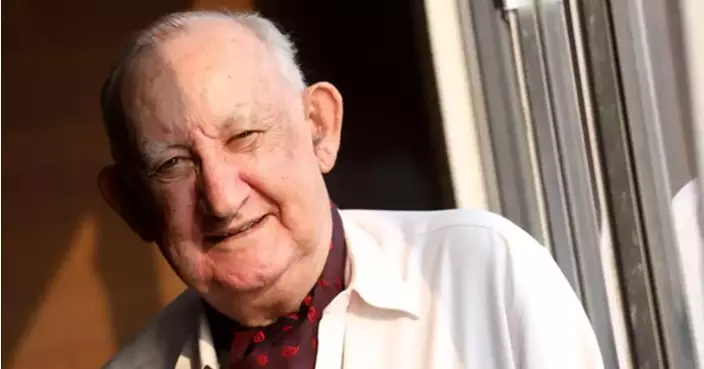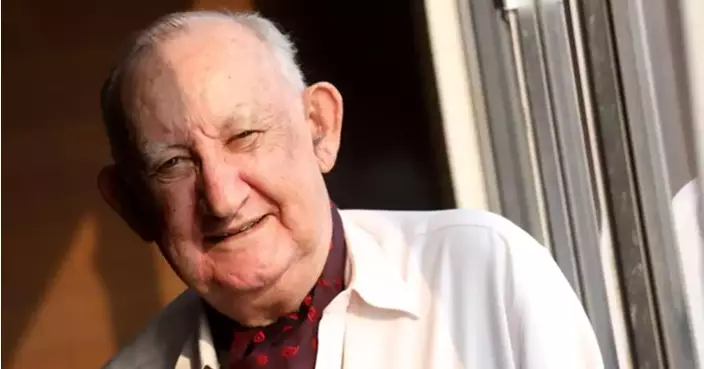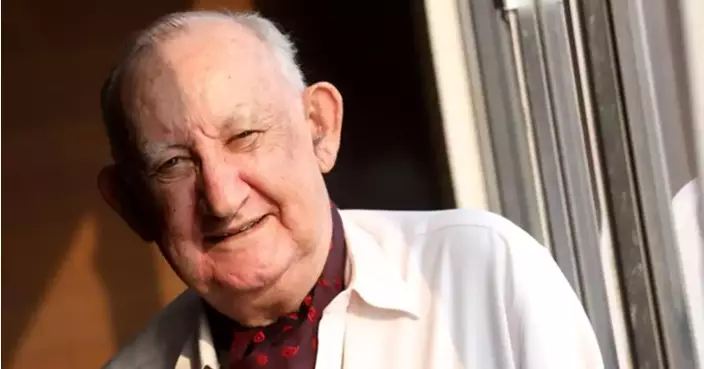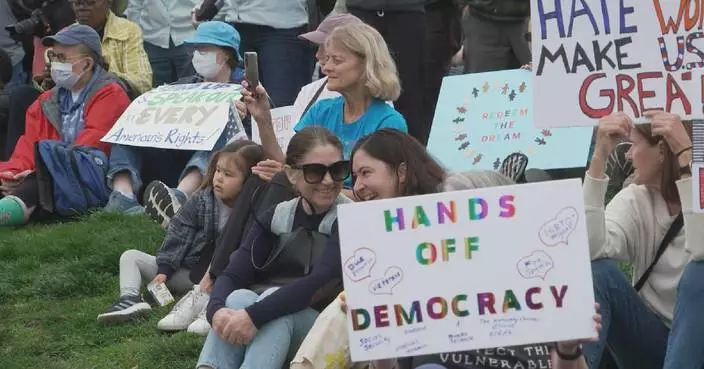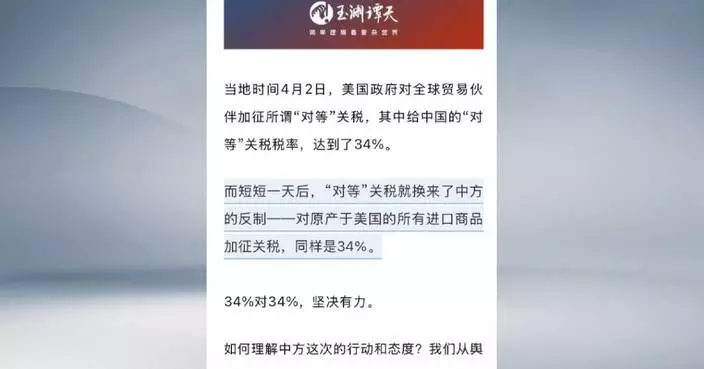Mark Pinkstone/Former Chief Information Officer of HK government
Hong Kong – the Pearl of the Orient – is on a roll and is rapidly regaining its position as a major tourist destination. Last year it received 44.5 million visitors, an increase of 30.9 per cent over the previous year.
And it started this year with 4.74 million visitors in January, up 24 per cent over the same period in 2024. This is a vast improvement after COVID and the 2019-20 riots which in March 2022 saw an all-time low of only 1,800 visitors.
Tourism is one of the major pillars to Hong Kong’s economy, a point not missed by the Financial Secretary Paul Chan Mo-po when he proposed $1.23 billion for the industry during his budget speech on Wednesday.
In his speech he revealed how things can be done to entice more people to come to Hong Kong and stay longer. For example, he talked of close collaboration within the industry and cited a three-year global strategic partnership agreement with Art Basel to establish immersive experience zones of Hong Kong culture in all four annual Art Basel shows around the world, thus “strengthening Hong Kong’s connection with the global art scene.”
Other ideas to promote distinctive tourism products could include eco-tourism, panda tourism, horse-racing tourism, etc.. Golf was another element. “We will adopt a more strategic approach in continuously attracting sports events which can bring significant economic benefits to Hong Kong and are in discussion with LIV Golf which has been held in Hong Kong for two consecutive years to explore long-term partnership,” he said.
The cruise line business is picking up with some 30 super liners making port calls to Hong Kong last year and bringing in some 330,000 passengers to Hong Kong. This is 12 more cruise liners than in 2023.
The Financial Secretary said he has earmarked resources to strengthen support to the cruise industry, encouraging cruise lines to increase their number of ship calls to Hong Kong, make overnight calls and use Hong Kong as the homeport. “We will provide cruise lines with more concessions to attract cruise ships to berth at the Kai Tak Cruise Terminal during the low season,” he said.
An important part of the industry is MICE – Meetings, Inventive travel, Conventions and Exhibitions – which is expected to bring about 183 000 additional visitors spending about $1.4 billion. Hong Kong has secured the hosting rights of the prestigious Lions International Convention in 2026, one of the world's largest service club events. With an estimated 20,000 attendees from over the globe expected to descend upon the city, this annual gathering of Lions Clubs International members promises to be a truly global and significant event.
The Lions International convention is indicative of the capacity Hong Kong has for hosting major events while catering to a daily flow of about 134,000 visitors from the mainland and other places.
With mainland visitors being our bread and butter and constitute the bulk of arrivals, the Central Government has resumed the multiple-entry Individual Visit Endorsements for Shenzhen permanent residents and expanding the arrangement to Shenzhen residence permit holders. Since the implementation of the new measure, more than 700 000 visitors have travelled to Hong Kong on multiple-entry Individual Visit Endorsements. The Central Government has also increased the duty-free allowance for returnees from Hong Kong to the mainland. This decision is expected to generate at least $17.6 billion for the city’s coffers. On average, mainland visitors spend about 3.1 nights in Hong Kong and spend an average of $5,400 per capita.
But as the Central Government relaxes travel for its citizens, the flood gates open for other destinations, mainly in Southeast Asia, to bid for their business. For Hong Kong to maintain this market, more effort is needed in the service sector to improve their attitude towards our neighbours. Service with a smile… always!
Hong Kong cannot rely heavily on the mainland market; it is too easy because of the help from the Central Government. The second number of visitors come from Southeast Asia, and more can be done to tantalise their interest in Hong Kong.
Mark Pinkstone
** The blog article is the sole responsibility of the author and does not represent the position of our company. **
Mark Pinkstone/Former Chief Information Officer of HK government
When the “Question of Hong Kong” was raised in the mid-‘70s, Chinese paramount leader Deng Xiaoping came up with the “one country-two systems” concept. The world scoffed at the idea. How could a rip-roaring capitalist regime survive in a communist country?
Forty-one years after the signing of the Joint Declaration (which became the blueprint for Hong Kong’s future) in 1984 between the UK and China, the British government has virtually said that China has kept it’s promise that Hong Kong’s way of life would continue after 1997 as it was beforehand. While not openly applauding Hong Kong’s governance, nor was it openly critical, except for national security issues, the report was fairly balanced.
The 37-page report, a requirement stipulated by the parliament for the UK Foreign Affairs and Commonwealth Office (FCO) to submit six monthly reports on Hong Kong, could find little fault with the governance of Hong Kong.
The report reflected views of dissident groups without comment and drew attention to the Court of Final Appeal cases in favor of the plaintiffs. This should be seen as proof of a fair and trust-worthy legal system in Hong Kong.
However, it noted that since March 2021, and following the imposition of the 2020 National Security Law (NSL), the UK has declared China to be in a state of ongoing non-compliance with the Sino British Joint Declaration. But added: “The judicial system in place prior to the establishment of the Hong Kong SAR continued to be maintained in general. The prosecuting authority in Hong Kong remained within the Department of Justice. The courts continued to exercise independent judicial power, decide cases in accordance with the laws of the Hong Kong SAR and refer to precedents in other common law jurisdictions.”
The report was bullish about Hong Kong’s finances, its economy and monetary system, noting the Fraser Institute’s Economic Freedom of the World 2024 annual report rated Hong Kong as the freest economy out of 165 jurisdictions. It also recognized the positive aspects of Hong Kong’s shipping, civil aviation, education and trade.
UK Foreign Secretary David Lammy drew attention to the plight of 45 activists imprisoned for sedition, collusion with foreign governments, rioting and other national security charges. And that the trial of media mogul Jimmy Lai was “politically motivated”.
He also lamented on the arrest warrants by Hong Kong police on a number of individuals living in the UK. “The Prime Minister and I have met these individuals and heard about the wider chilling effect that transnational repression is having on the Hong Kong diaspora.” he said.
The issuance of international warrants for arrest are not uncommon. The UK National Criminal Agency (NCA) pleads: “We pursue wanted fugitives all around the world …” It is currently hunting 24 men wanted for various crimes in the UK, adding that there is a bounty out for a Russian national worth US$10 million (HK$78 million).
So, what is Lammy moaning about? He listens to people who have grievances, without checking the backgrounds of the individuals. He forgets Hong Kong was subjected to severe riots in 2019-20 when people were killed, the city was set alight, shops were ransacked and looted, people were threatened and living in fear, and mayhem was the order of the day. And while this was going on, political pundits were going around the world seeking sanctions against Hong Kong and drumming up support for Hong Kong’s independence. People and world leaders get jailed for that. Attempting to overthrow a government is a crime, not political persecution.
The Hong Kong SAR Government is naturally upset about the report saying it absolutely refutes the untruthful remarks, slanders and smears against various aspects of the report, which was compiled by the Hong Kong department in the FCO. Daily reports are submitted to the office by the UK Consulate General in Hong Kong.
Lammy and others in the west, often refer to the “Beijing-imposed” national security laws in Hong Kong as if it is something sinister. It is not! Beijing is the federal capital of Hong Kong, as is London in the UK, Washington in the US and Canberra in Australia. The NSL implementation was a natural reaction to a disastrous situation. Hong Kong was spinning out of control, spurred on by foreign forces, but contained by a very efficient and resourceful police force. Hong Kong needed a legal framework to deal with the dissidents.



